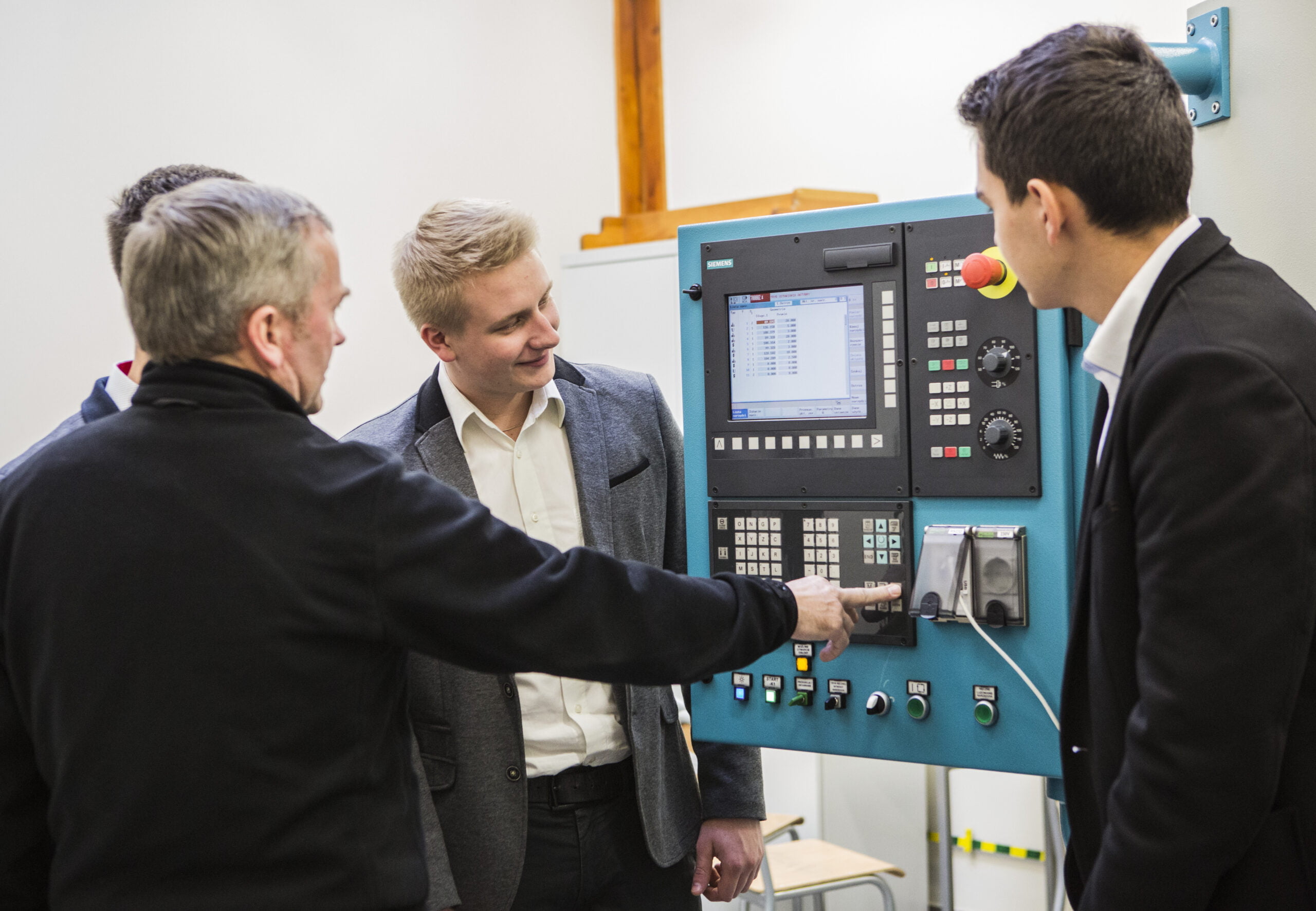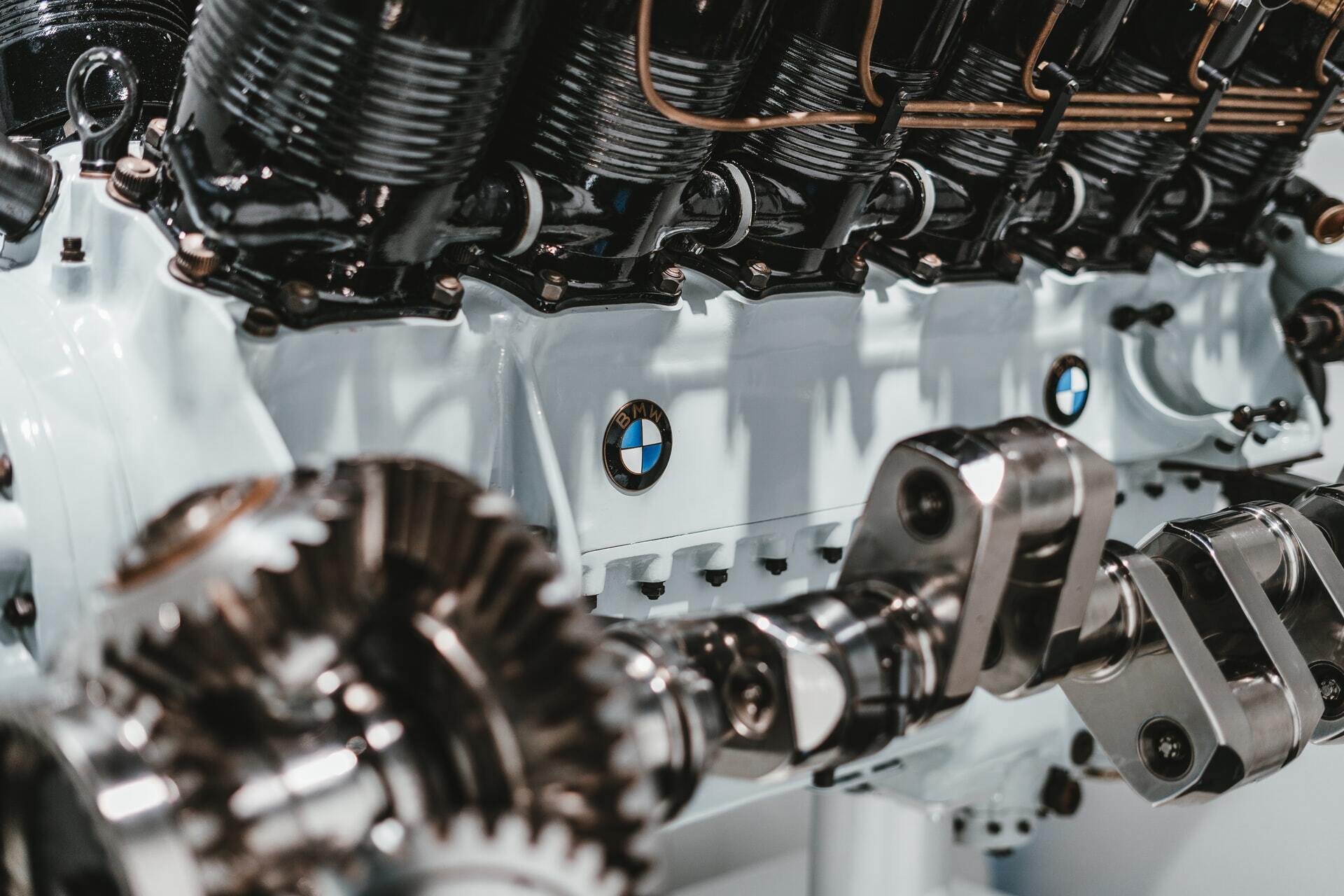One might think that CNC machining is a relatively simple process. After all, the machine does the work for us. However, this is a wrong conclusion. The efficiency, repeatability and precision that characterize modern production methods are the result of not only high automation, but also years of experience, many hours of thorough analyzes and professional handling of machine tools working in the machine park. Therefore, professionalism when it comes to providing CNC services is as important as advanced machinery.
Metal CNC machining – precise cutting
Why is it so important that CNC machining is as precise as possible? The most prosaic reason is that the element subjected to this process should comply with the customer’s requirements, presented in the relevant documentation. This is what it looks like from the client’s point of view. From the production side, this issue is even more important. Machining is a type of subtractive machining, i.e. one that generates waste. A company that cares about its pro-ecological policy must skillfully manage such waste and ensure that too much raw material is not wasted. A production error also means more effort in the quality control and finishing stages. The three basic types of cutting to which we pay the greatest attention are drilling, turning and milling. They differ in the degree of complexity and application, so it is very important to decide on the right type of treatment at the stage of preparing the detailed design.
Aluminum CNC machining for industry
CNC machining gives a wide range of possibilities, not only in terms of technology, but also raw material, subjected to processes such as cutting or bending. Most often, metal processing includes materials such as steel, cast iron or aluminum. Especially the latter is worth paying more attention to, as it plays a very important role in industry. In the international classification of material groups, aluminum, along with other non-ferrous metals, such as copper or bronze, is marked with ISO N. This means that its properties allow for relatively easy machining, and when machining it does not generate too many chips that would be difficult to control. The only problem may be the adherence of aluminum to the tool, but this can be solved with proper sharpness. This raw material is used in many different sectors of the industry, but the transport industry, i.e. aviation or automotive, has a special preference for aluminum.


